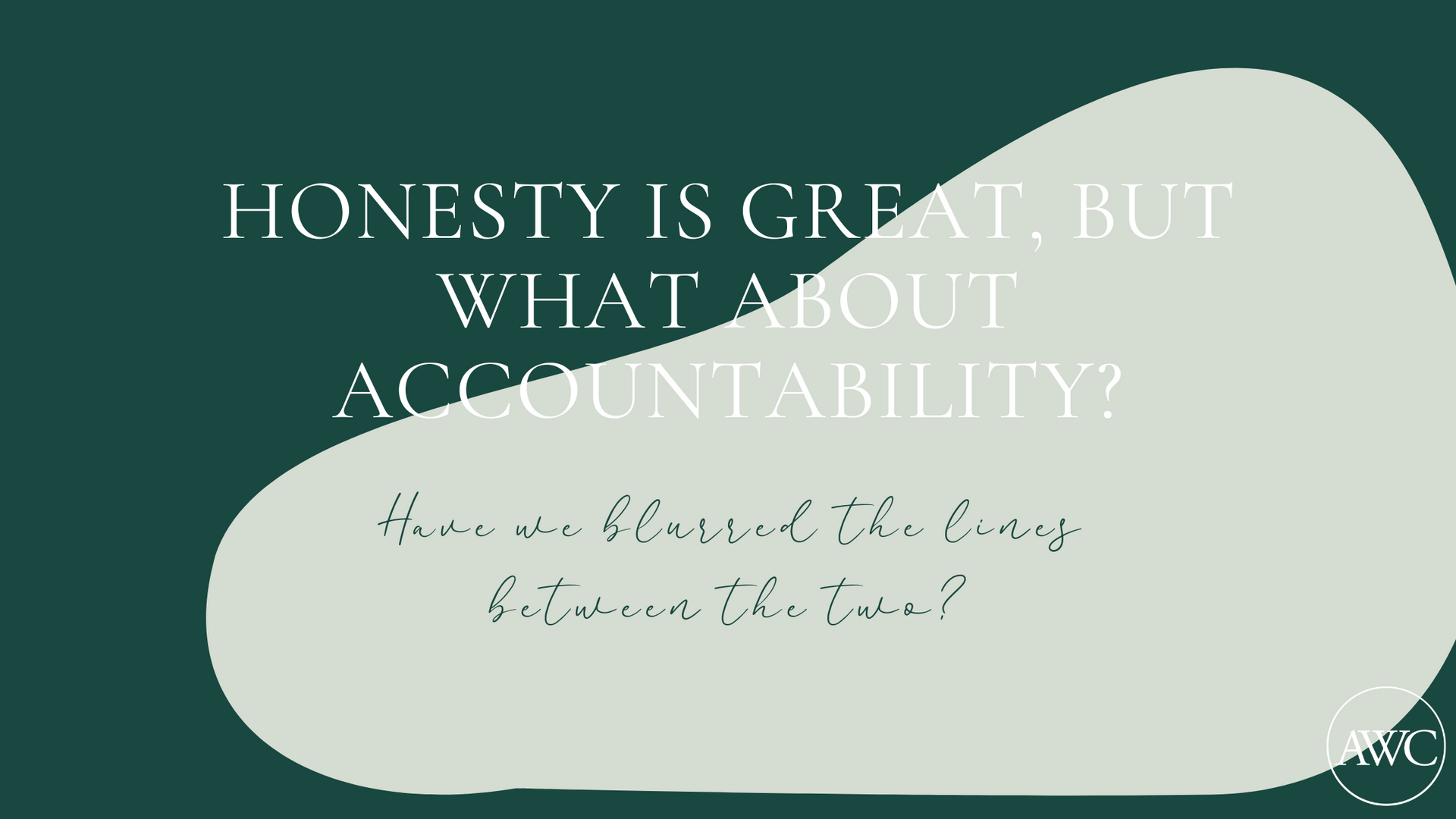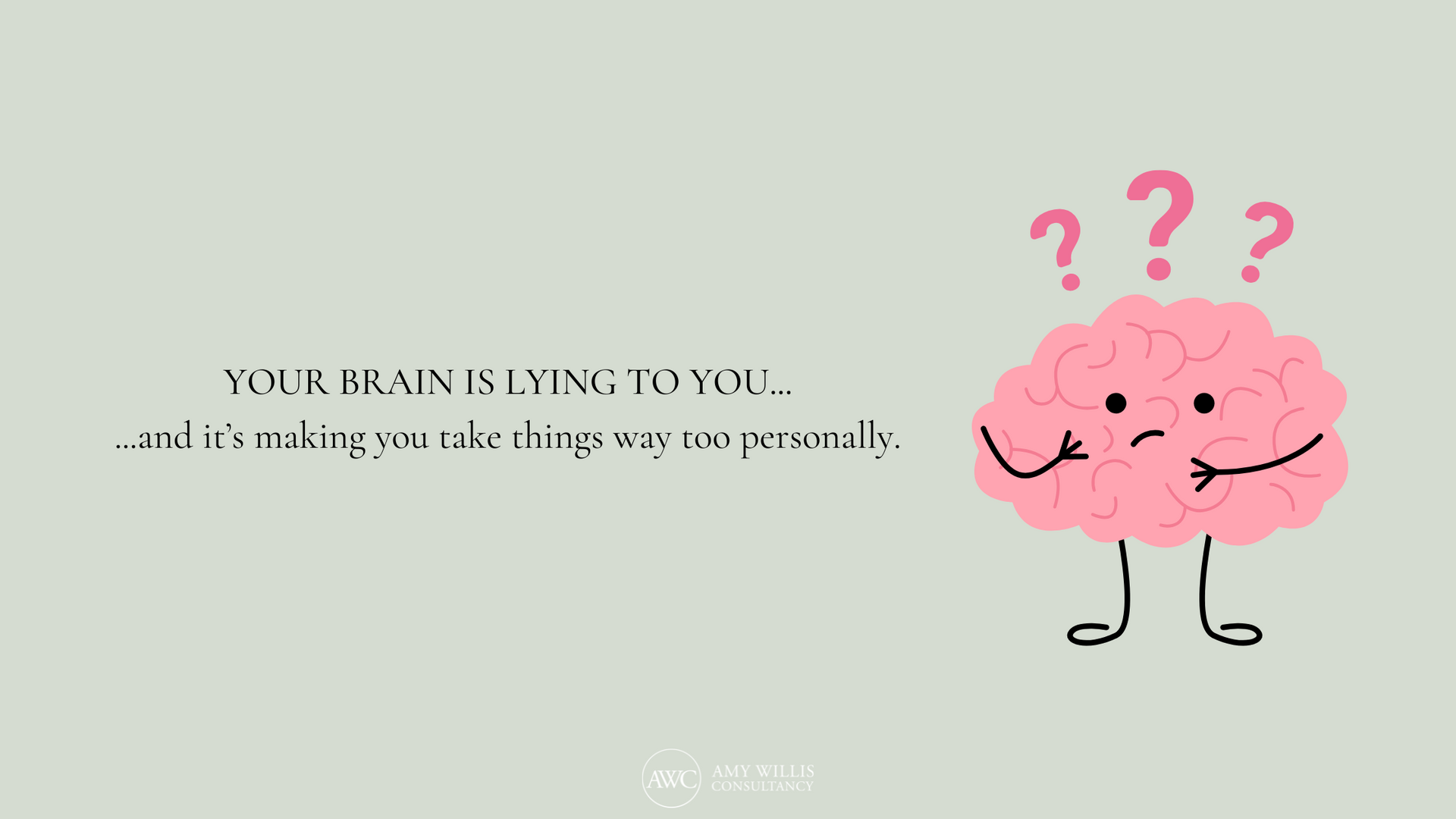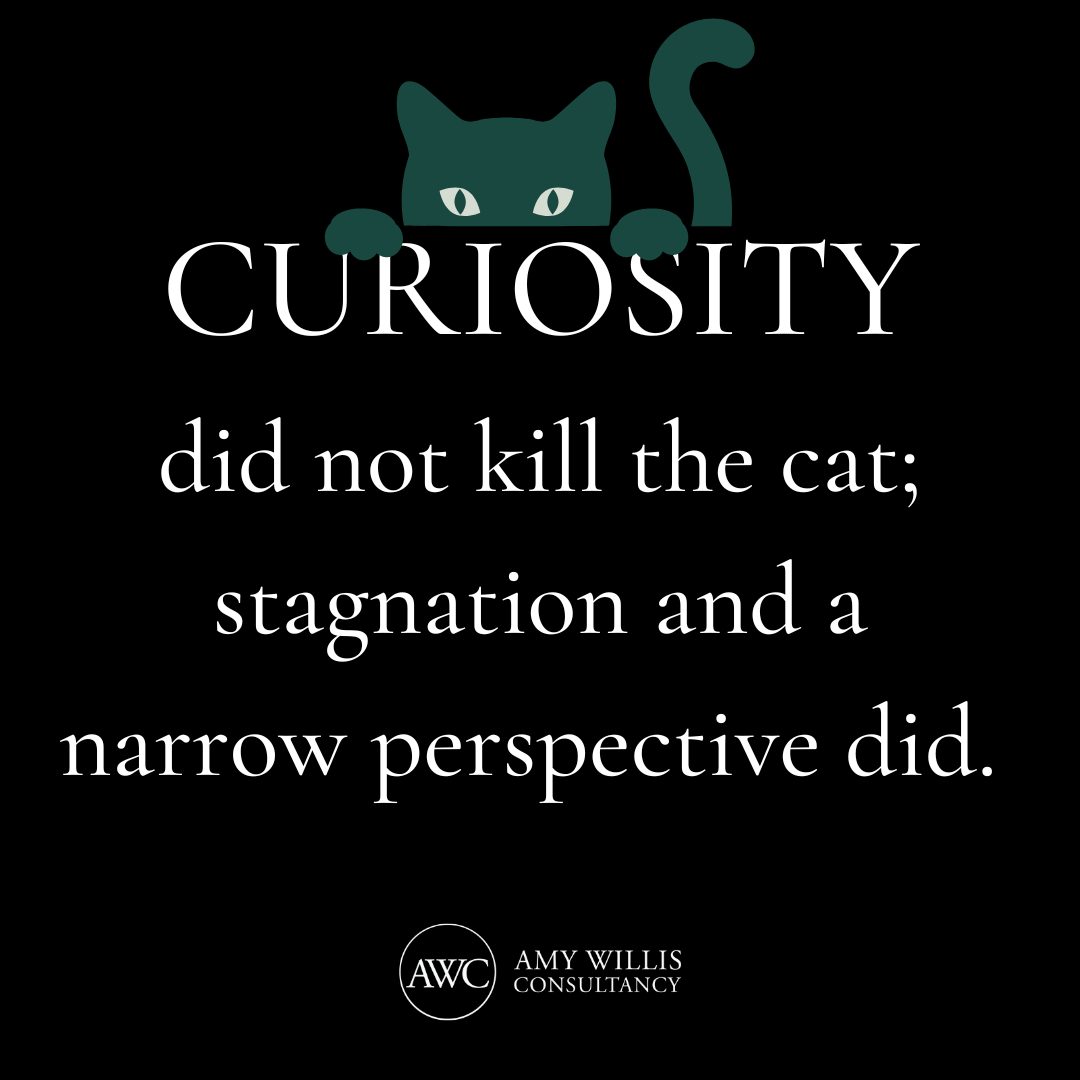Honesty is great...but what about accountability?
Has honesty gotten in the way of accountability?
Last week, I had a chance encounter with a business owner while buying something in his store. We got chatting about leadership after he asked what I did for a living, and halfway through the conversation, we landed on communication.
He proudly shared how honest his team is with him, even offering an example:
“If someone’s had a big night on Saturday,” he said, “they’ll message me on Sunday morning and ask to push their shift back. I’d rather they be honest than lie. It’s all good.”
He meant it, too. He wasn’t annoyed — he was proud. And to be fair, also realistic about what life looks like for many of his younger employees.
It reminded me of a moment, years ago, when I was leading a team and got a call on a Sunday morning. One of my staff told me she had food poisoning and couldn’t make her shift. My spidey senses were tingling — but hey, food poisoning happens. Who was I to question it?
Then Monday rolled around… and so did the “Nite Life” photos.
There she was, front and centre in a Saturday night club pic. Clearly not food poisoning — just a hangover and a sick day to recover.
So here’s my question to you:
Do you want your team to be honest with you?
I know — it’s a nuanced question. And like most of my newsletters, I’m not here to give answers, but to nudge you to think differently.
Here’s what I’ve been reflecting on:
Honesty is a double-edged sword. It can sound like:
“I’m overwhelmed and don’t think I’m doing a good job.”
“I find our team meetings pointless and I tune out.”
“I’m not motivated by the way this role is structured.”
“I went out last night, I’m hungover, and I need to start a bit later.”
And while every one of those may be true, here’s the real kicker:
What happens to accountability when we blur the line between honesty and obligation?
If someone can repeatedly shift their responsibilities around because “at least they’re honest about it,” are we unconsciously lowering the bar?
Are we accidentally building workplaces where honesty becomes a free pass — instead of a foundation for growth?
So what does a healthy, honest culture actually require?
- A team member who’s willing to speak up with truth — even when it’s uncomfortable.
- A leader who responds with trust — and expects responsibility in return.
- And a culture that still holds people accountable when trust is broken.
A real life example where honesty meets accountability:
This week, one of my sons received his first-ever detention. He hadn’t handed in his maths homework — not once, not twice, but three out of four times. And while he’s a good kid and owned up to it (no “the dog ate it” excuses), the school still issued a detention.
And you know what?
I respect that.
Because actions — even honest ones — still come with consequences.
That’s the lesson I want him to learn:
Being honest doesn’t make you exempt from responsibility.
And that applies at home.
In schools.
And absolutely in the workplace.
Somewhere along the way, we moved from “Leave your home life at the door” to “Bring your whole self to work”. And I’ll be the first one to raise my hand and say I have encouraged the latter.
But has that pendulum swung too far?
Have we started encouraging people to use their personal life as a reason for letting go of responsibility?
Have we confused “I’d rather they be honest” with “I’ll let it slide”?
Because here’s the truth:
Honesty isn’t meant to lower the standard — it’s meant to clarify expectations.
So when someone says, “I had a big night,” maybe the answer is:
“Thanks for telling me. Let’s talk about what that means for your responsibilities.”
Because honesty without accountability? That’s just tolerance.
And leadership without consequences?
That’s not leadership — that’s just hoping for the best.
Yours in leadership,
Amy
READ MORE










